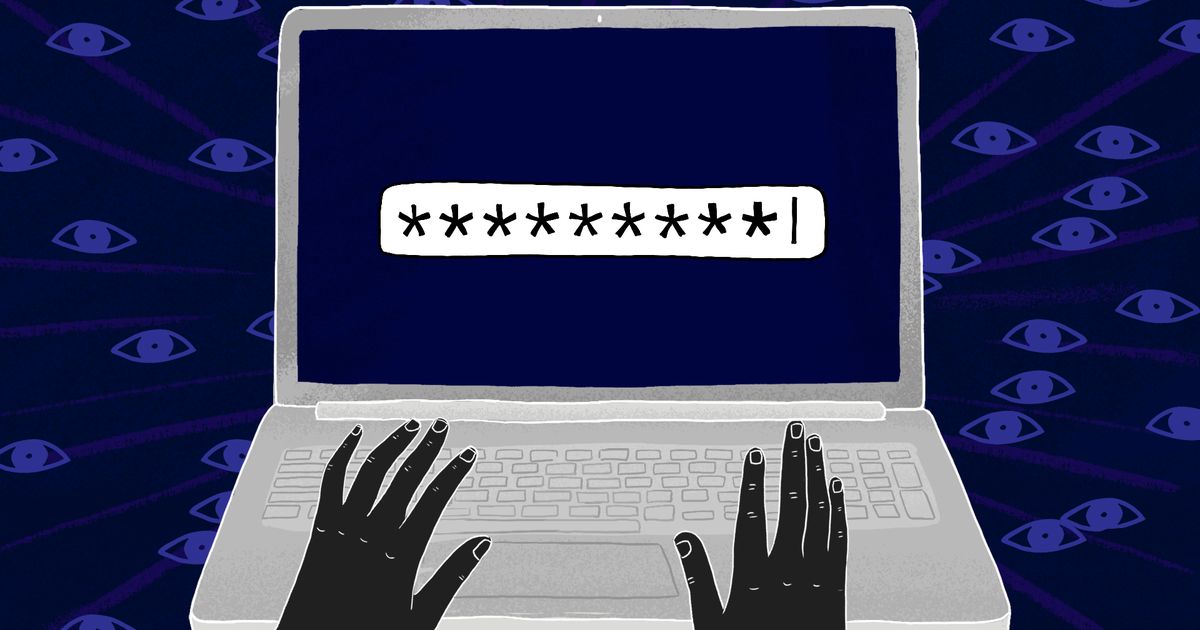
Someone is weaponizing your typos.
With the U.S. presidential election fast approaching, people across the country are going online to get instructions for voting by mail, the location of their polling place, and other vital Election Day information that will help them exercise their right to vote. Now, according to a Department of Homeland Security bulletin obtained by Yahoo News, unknown actors are registering website domains that mimic national and state voter information sites with unknown ends.
Dubbed typosquatting, the idea is simple (if devious): A hacker registers a domain that is close enough to a real site, like yourbanknarne.com, and puts up a clone of yourbankname.com. The unsuspecting victim goes to the wrong site by mistake, and enters their personal banking information. In doing so, they have inadvertently handed the digital keys to their account to a hacker.
That same approach, directed at official election sites, could be used to sow confusion and discord on Election Day.
“The FBI between March and June 2020 identified suspicious typosquatting of U.S. state and federal election domains, according to recent FBI reporting from a collaborative source,” Yahoo News reports the Aug. 11 bulletin as warning.
Digital Shadows, a digital risk protection company, warned about a similar threat in October of 2019. Looking at websites related to the then-numerous candidates running for the Democratic Party nomination for the office of president, the company identified six sites that might infect visitors’ computers with malware (it should perhaps go without saying, but, do not go to these websites):
-
tuls2020[.]com
-
joebinden[.]info
-
joebide[.]info
-
actbue[.]com
-
yung2020[.]com
-
joebidin[.]info
According to the DHS bulletin, something similar may be happening in the lead-up to the election.
“These suspicious typosquatting domains may be used for advertising, credential harvesting, and other malicious purposes, such as phishing and influence operations,” the bulletin warns. “Users should pay close attention to the spelling of web addresses or websites that look trustworthy but may be close imitations of legitimate U.S. election websites.”
Of course, a look-alike site wouldn’t need to infect anyone’s computer with malware to do harm. Think of a webpage mocked up to look like an election website in a swing state. Something as simple as sending users in Democratic-leaning districts to the wrong polling places could potentially alter the election outcome.
This problem is compounded by the fact that many official election-related websites end in .com or .org, as opposed to .gov, allowing anyone to register similar domains.
Thankfully, this problem is relatively easily defeated — as long as you’re paying attention. So, when the time comes to vote, take extra care to ensure the voting logistics information you’re getting comes from an official government site. Our democracy will thank you.
